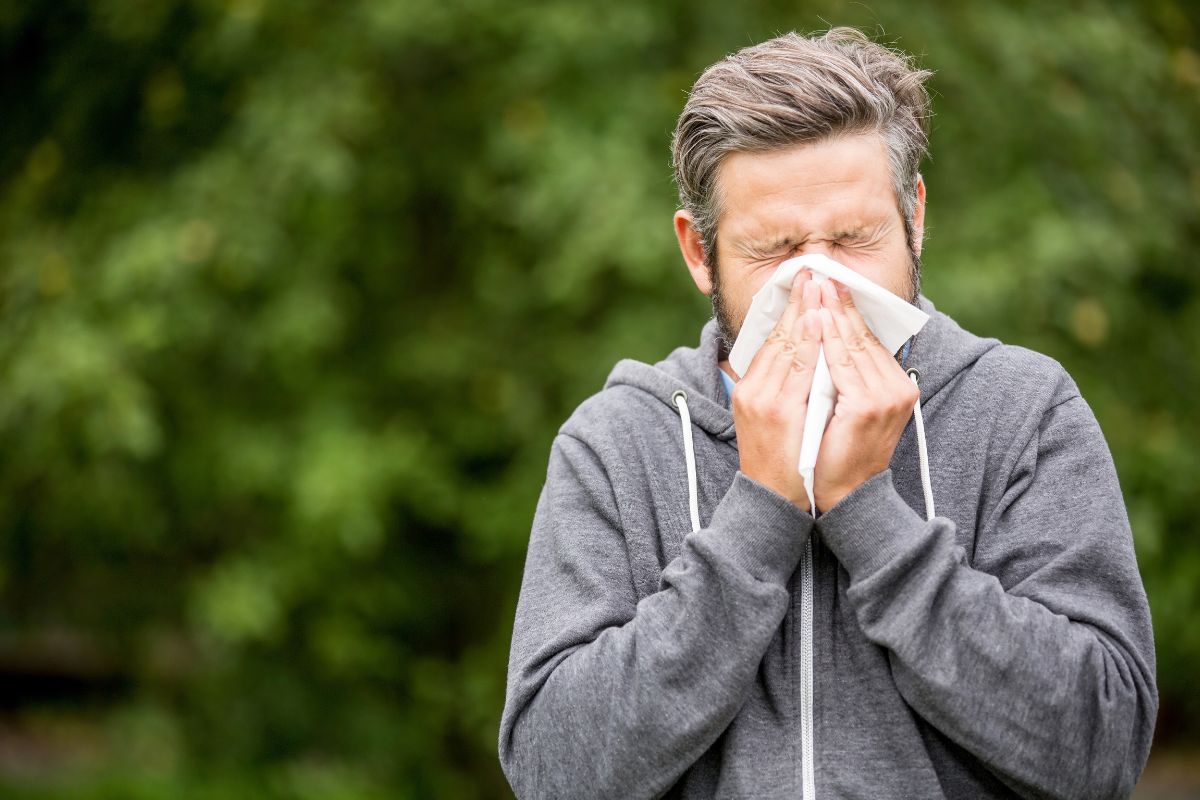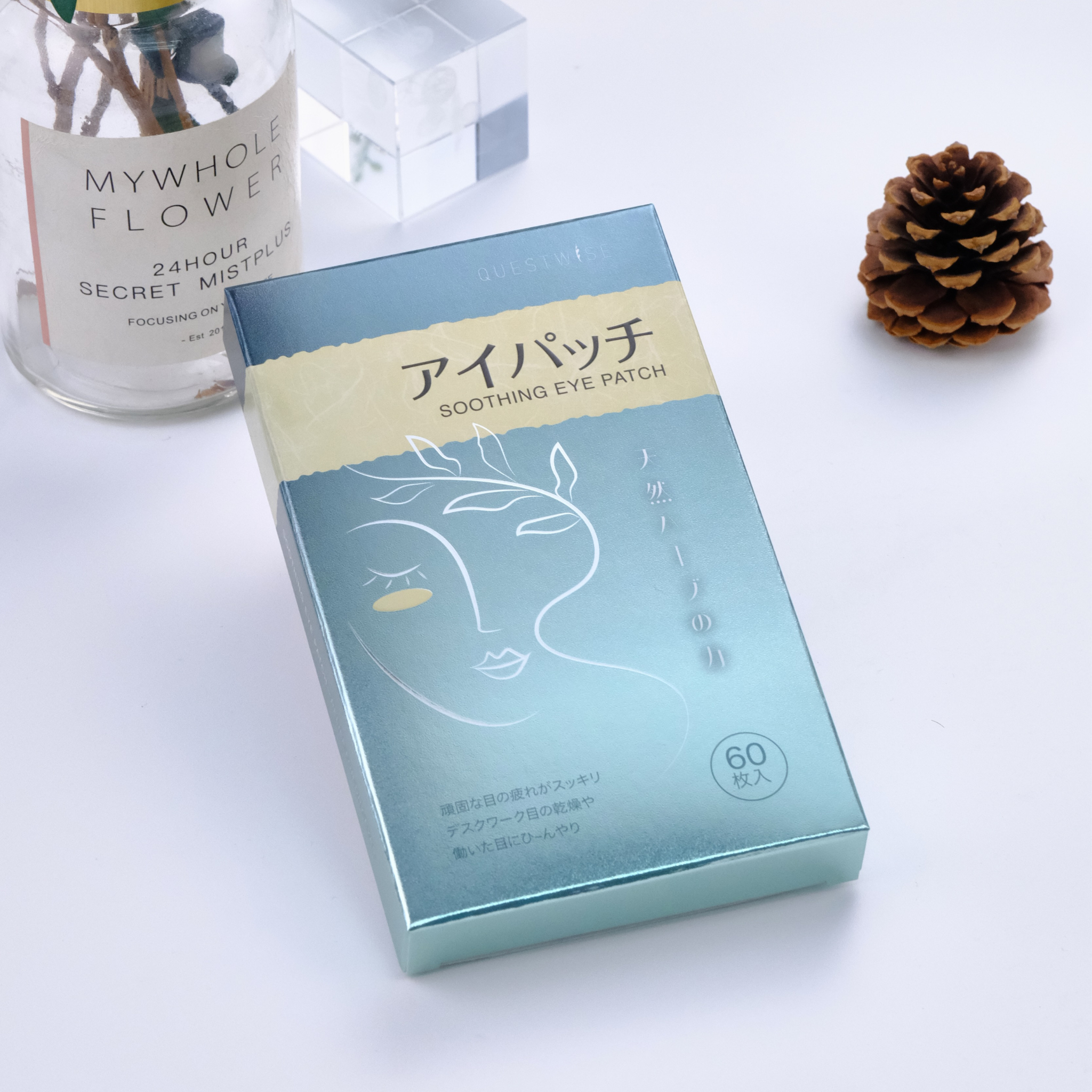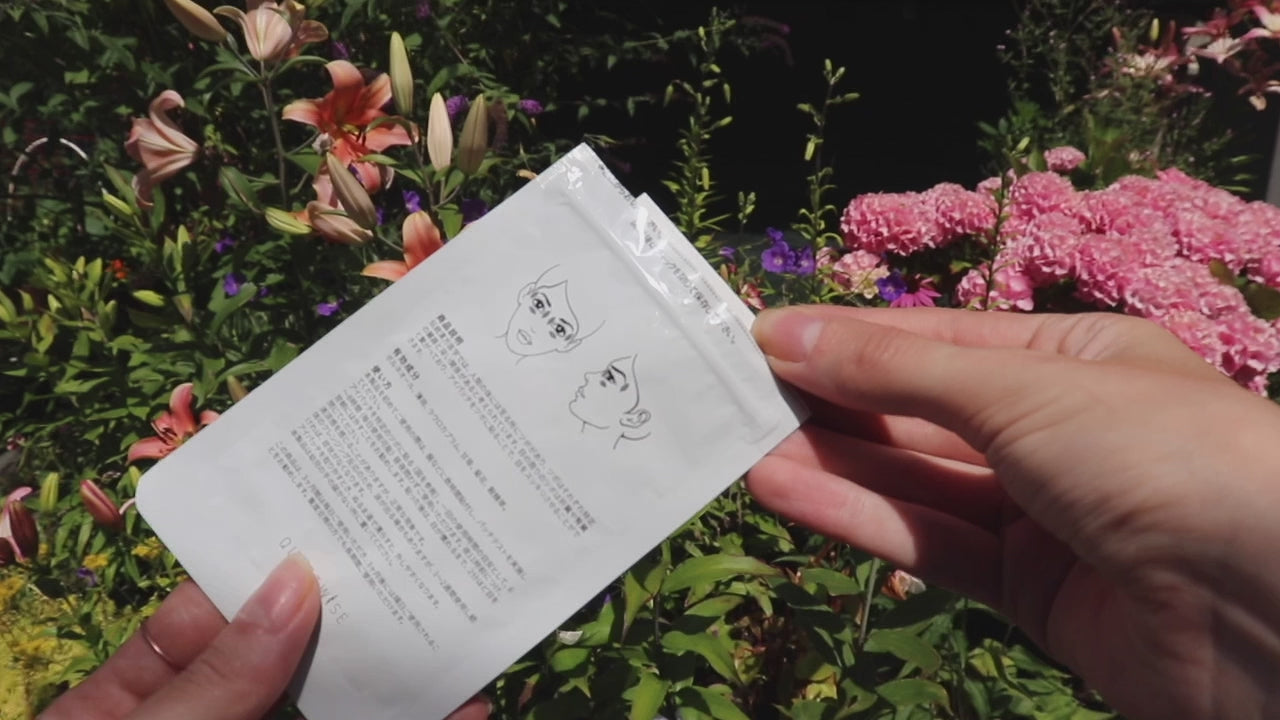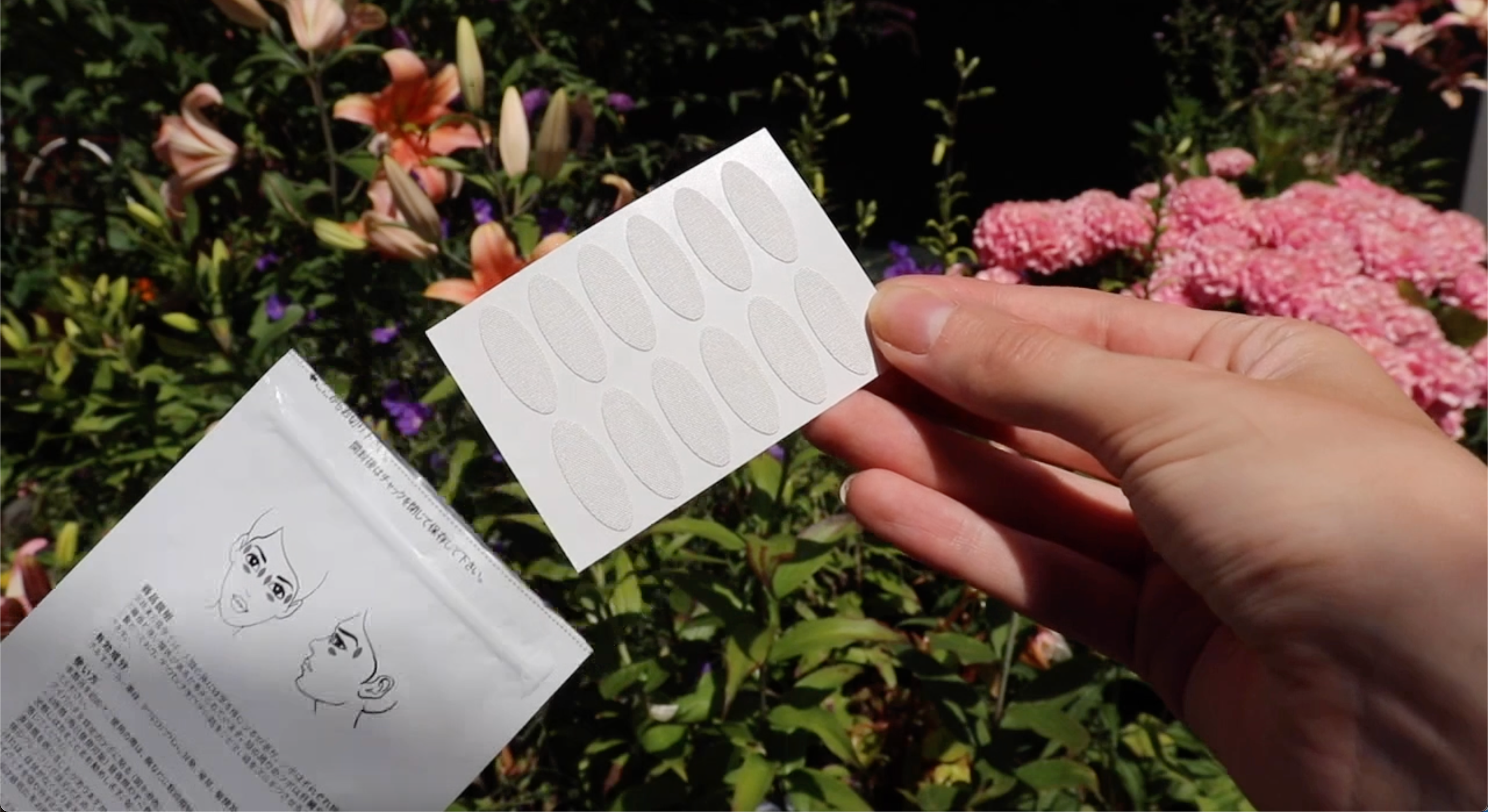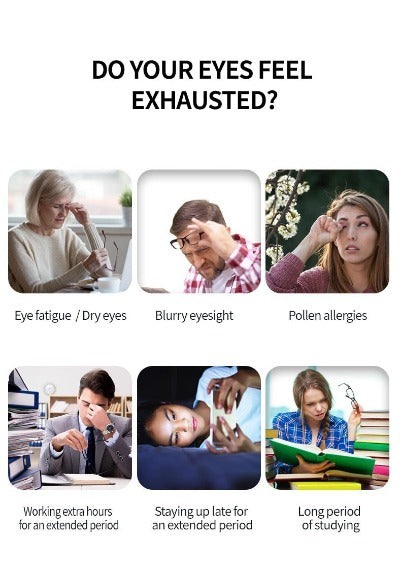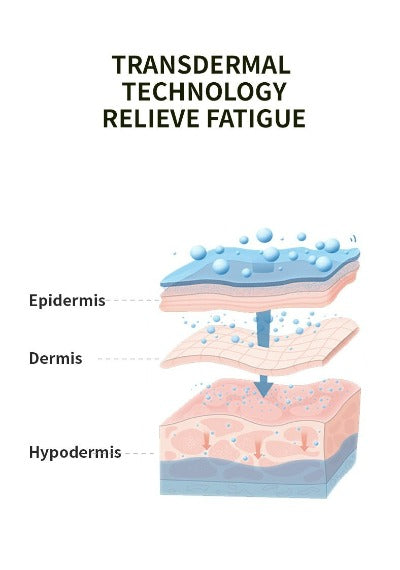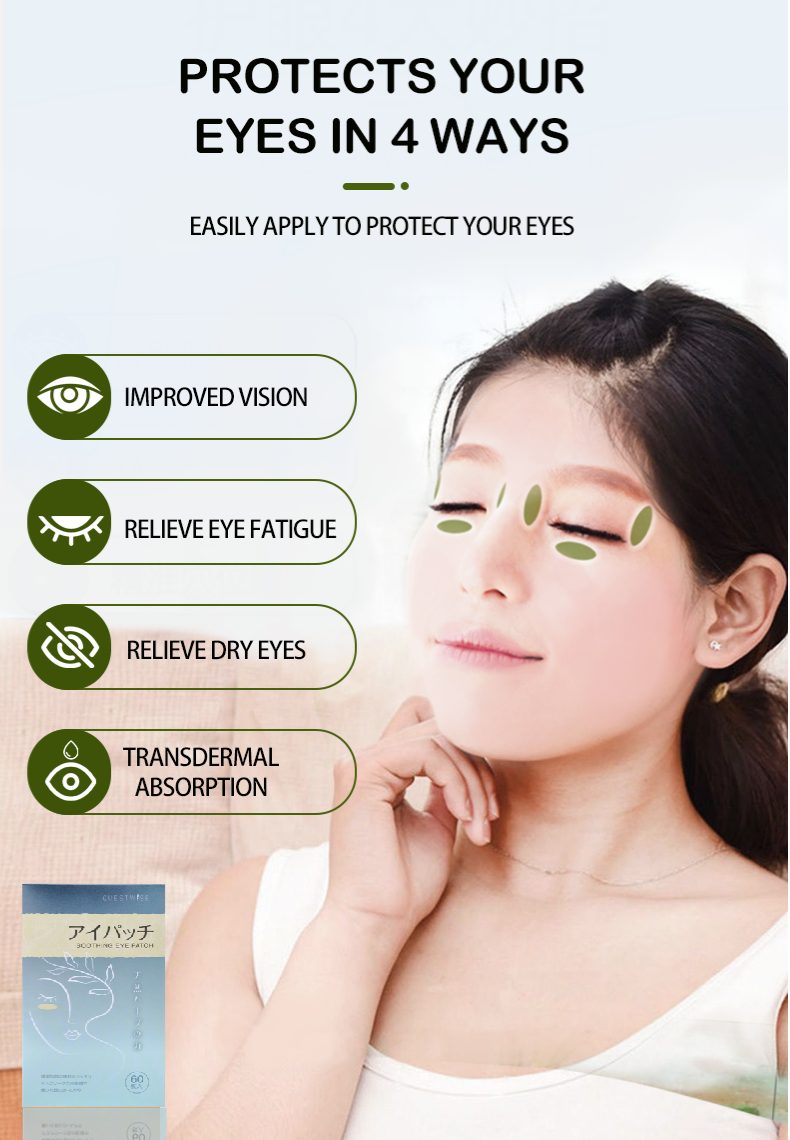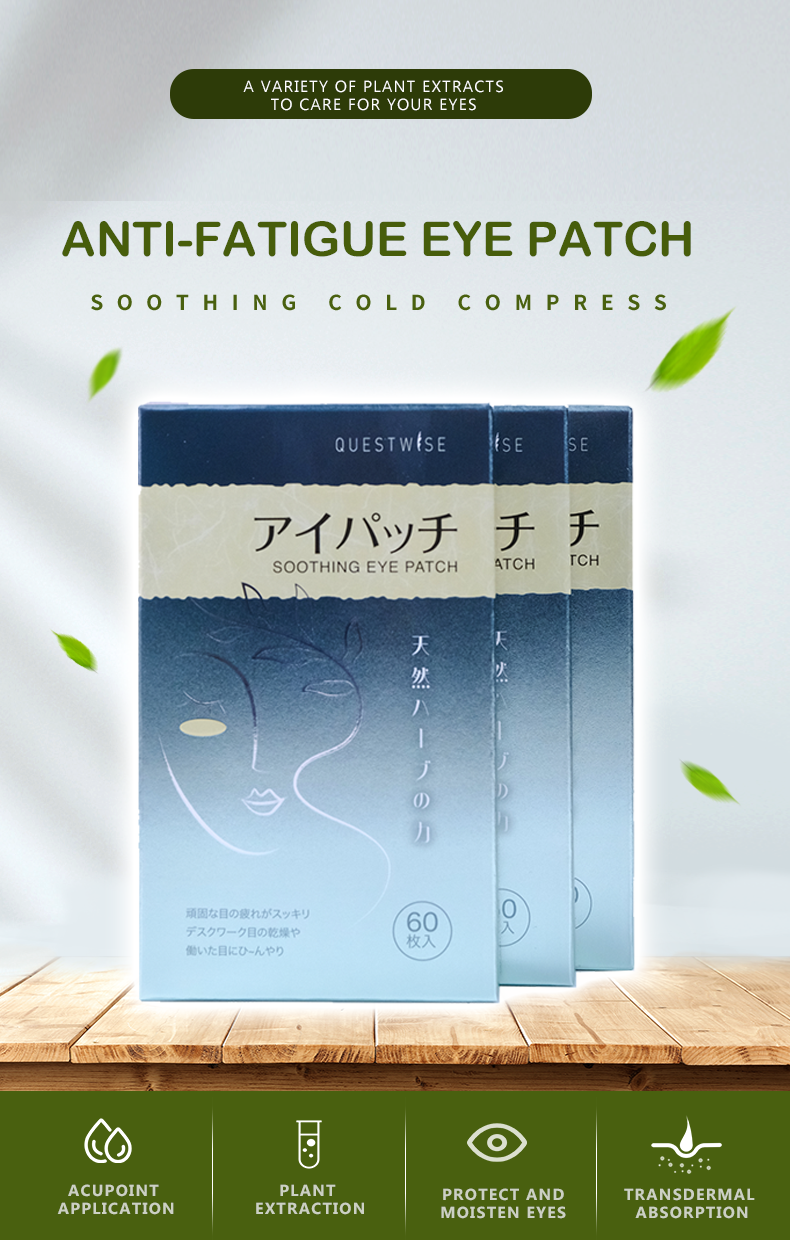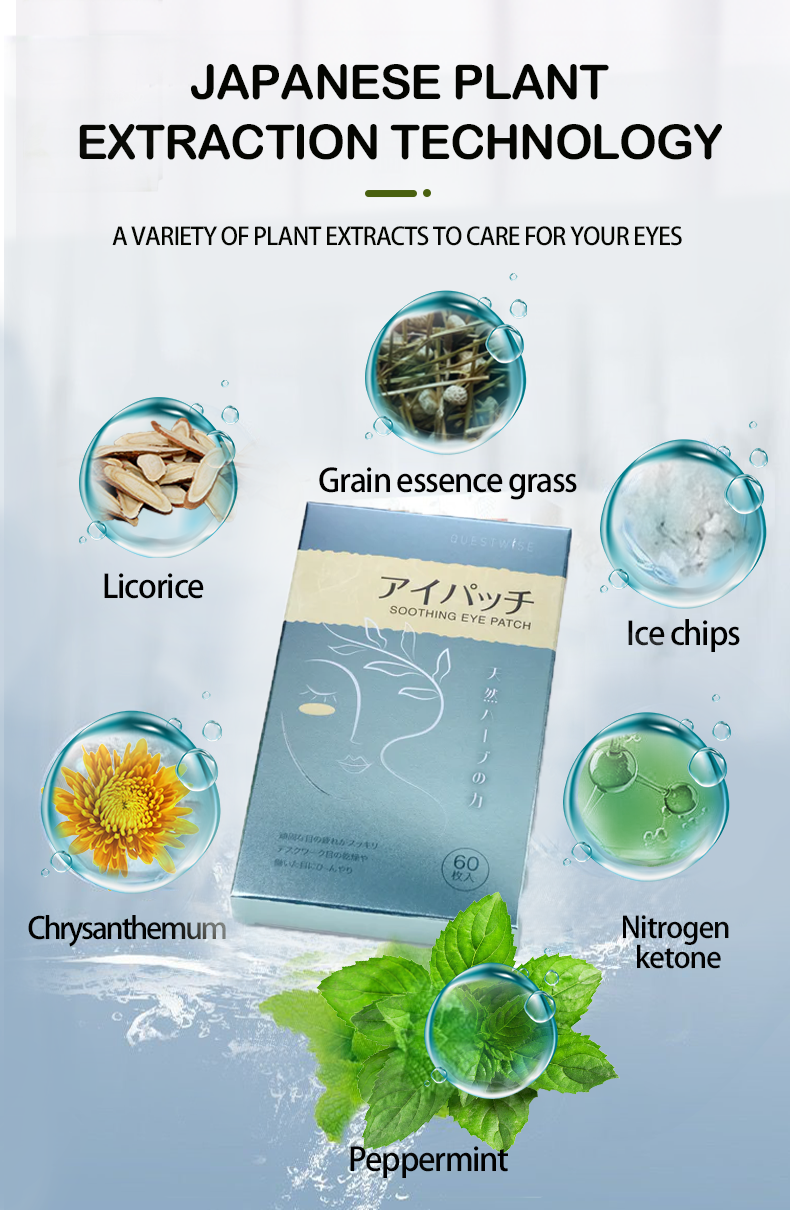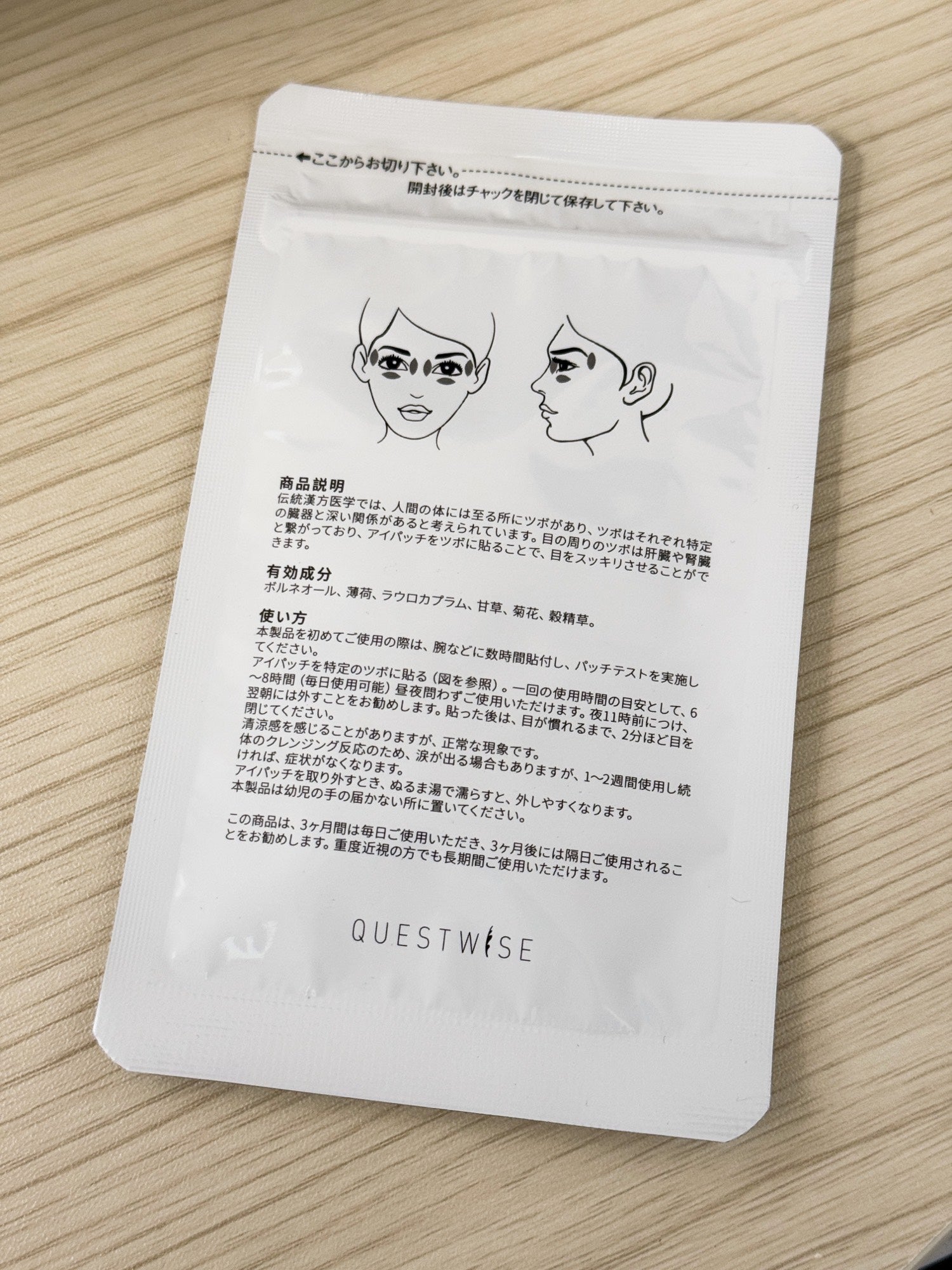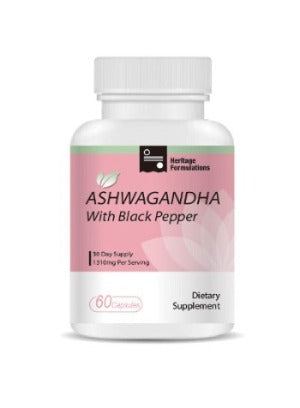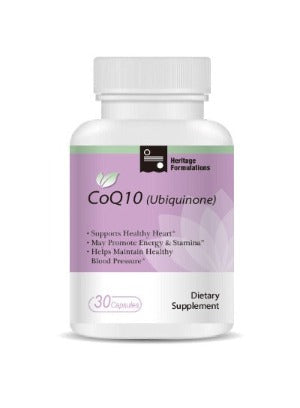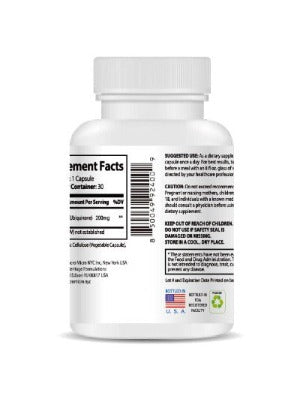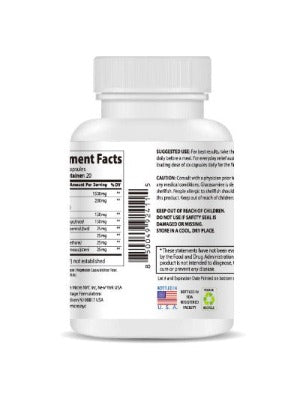Why Pollen Allergy Causes Itchy Eyes Every Spring: A Comprehensive Guide to Relief
Spring has sprung! The vibrant colors of blooming flowers and the refreshing warmth of the sun are finally here. But for millions, the arrival of spring also signals the onset of a frustrating and often debilitating condition: pollen allergies. One of the most common and bothersome symptoms of these allergies is itchy, watery eyes. But why does pollen cause such intense eye irritation, and what can be done to find relief? Let's delve into the science behind this seasonal affliction and explore effective strategies for managing your symptoms. This comprehensive guide will equip you with the knowledge and tools to conquer your itchy eyes and reclaim the joy of spring.
Understanding the Science of Itchy Eyes and Pollen Allergies: A Deeper Dive
Pollen, the fine powder released by flowering plants to facilitate reproduction, is a major culprit behind spring allergies. When pollen comes into contact with your eyes, your body's immune system, often oversensitive in allergy sufferers, misidentifies it as a foreign invader or allergen. This triggers an immediate response, initiating a chain reaction that results in the characteristic symptoms of a pollen allergy. The immune system releases histamine and other inflammatory chemicals, causing the blood vessels in your eyes to dilate. This dilation leads to redness, swelling, and the tell-tale itchiness that makes spring so uncomfortable for many.
The complexity of this reaction is often underestimated. The body isn't simply reacting to the pollen itself; it's reacting to a cascade of events triggered by the pollen's presence. Think of it as a domino effect: the pollen is the first domino, and each subsequent event amplifies the inflammatory response. Understanding this cascade is crucial to understanding why simple remedies sometimes fall short, necessitating a more comprehensive approach to relief.
The Mechanism of Itchy Eyes: A Microscopic Perspective
The itchy sensation arises from the stimulation of nerve endings in the conjunctiva, the delicate membrane lining your eyelids and covering the white part of your eye. Histamine's role in this process is paramount; it increases the permeability of blood vessels, allowing fluid to leak into surrounding tissues, leading to swelling and the intense itching that often accompanies pollen allergies. This reaction can range in severity from mild discomfort to significant irritation, making daily activities challenging. The degree of itching is directly correlated to the concentration of histamine and other inflammatory mediators in the conjunctiva.
Furthermore, the inflammation process isn't limited to the conjunctiva. It can extend to other parts of the eye, such as the cornea and sclera, contributing to a more widespread and uncomfortable experience. The intricate network of nerves in the eye ensures that even a small degree of inflammation can trigger a significant sensation of itching and irritation.
Specific Ways Pollen Affects Your Eyes: A Detailed Examination
Pollen grains, being lightweight and airborne, effortlessly penetrate the eye's natural defenses. They become trapped in the conjunctiva, triggering an inflammatory response. The eyes' natural lubrication system, intended to keep the surface moist and protected, can become overwhelmed by the influx of irritants and inflammatory chemicals. This disruption leads to dryness, further exacerbating the already irritating itch. The eyes' response is to produce excess tears in an attempt to wash away the offending pollen, resulting in excessive tearing and a feeling of general discomfort.
The size and shape of pollen grains also play a role in their irritating potential. Larger, more irregular pollen grains are often more likely to cause irritation than smaller, smoother ones, as they are more likely to physically irritate the delicate tissues of the eye. The specific type of pollen also matters, with some species producing more potent allergens than others. Understanding these nuances can help you better identify and avoid specific pollen triggers.
Finding Relief from the Itch: A Holistic Approach
Managing pollen allergy symptoms requires a multi-pronged approach. While complete avoidance of pollen is practically impossible, you can take steps to minimize exposure. Staying indoors on high-pollen days, using air conditioning, and wearing sunglasses can make a significant difference. Beyond environmental controls, targeted treatments can provide crucial relief. One such solution is the Wise Quest Soothing Eye Patches.

These patches harness the power of traditional Chinese herbal medicine, fundamentally relieving eye fatigue, eye dryness, eye astringency, eye redness, and swelling caused by long hours in front of screens or environmental irritants like pollen. The Wise Quest Soothing Eye Patches promote healthy blood circulation, helping to relieve most eye discomfort and disease, including the inflammation associated with pollen allergies.
Beyond Immediate Relief: Long-Term Strategies for Allergy Management
While Wise Quest Soothing Eye Patches offer immediate relief from the symptoms of pollen-induced itchy eyes, addressing the underlying allergy is crucial for long-term management. Consulting an allergist is highly recommended. They can conduct allergy testing to identify your specific triggers and recommend tailored treatment plans. Options might include antihistamine medications to block the release of histamine, or immunotherapy, a series of injections designed to gradually desensitize your immune system to allergens over time. These treatments can significantly reduce your allergy symptoms, improving your quality of life throughout pollen season and beyond.
Immunotherapy, in particular, offers a long-term solution by retraining the immune system to recognize pollen as a harmless substance, rather than a threat. This approach is particularly beneficial for individuals experiencing severe allergy symptoms or those who prefer to avoid long-term reliance on medication.
Lifestyle Adjustments and Additional Tips for Relief: Holistic Wellness
In addition to medical interventions, simple lifestyle changes can significantly impact your allergy experience. Maintaining good eye hygiene, regularly washing your hands and face to remove pollen, and using a cool compress on your eyes can ease discomfort. Consider using artificial tears to lubricate dry eyes and reduce irritation. Remember to avoid rubbing your eyes; this can worsen inflammation and increase itchiness. Staying hydrated is also important, as dehydration can exacerbate allergy symptoms.
Dietary changes can also play a role in managing allergy symptoms. A diet rich in anti-inflammatory foods, such as fruits, vegetables, and omega-3 fatty acids, can support the body's natural healing processes and reduce inflammation. Conversely, minimizing the consumption of processed foods, sugary drinks, and excessive alcohol can help prevent inflammation.
Conclusion: Reclaiming Spring and Taking Control of Your Allergies
Pollen allergies and the associated itchy eyes are a common springtime challenge, but they don't have to control your life. By understanding the underlying mechanisms of pollen allergies, employing effective management strategies, and seeking professional guidance when needed, you can effectively manage your symptoms and reclaim the joy of spring. Remember that combining environmental controls, targeted treatments such as the Wise Quest Soothing Eye Patches, and potentially long-term solutions like allergy medication or immunotherapy, offer the most comprehensive and effective approach to managing pollen-induced itchy eyes and making this spring your most comfortable yet.
Take charge of your allergy symptoms and don't let itchy eyes dictate your spring experience. With a proactive approach that combines immediate relief, long-term management strategies, and a commitment to holistic well-being, you can navigate pollen season with confidence and enjoy the beauty of spring to the fullest.

